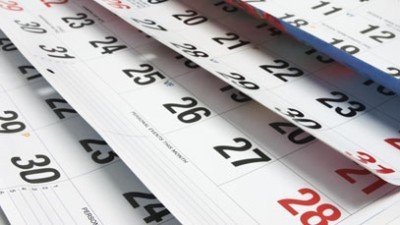Audio and Digital Technology
Audio and digital technology research being conducted in the College of Engineering Technology is unique and dynamic, and currently includes three fascinating topic areas.
With virtual acoustic technology, you can remotely access the studio and collaborate with musicians around the world, as if you were all there together. Imagine the ability to visit and experience the legendary Columbia Studio A where Bob Dylan recorded almost all of his music. Now imagine you could do this from right where you are standing, without any travel at all.
The research being conducted in audio and digital technology aims to understand the human auditory system and studies virtual, augmented, and extended reality (VR, AR, and XR).





